Key takeaways
- The difference between wholesaler vs distributor boils down to whose interest they serve. Wholesalers buy in bulk and resell to retailers with little exclusivity, while distributors work closely with manufacturers and often have exclusive rights to sell in specific regions.
- Distributors work on behalf of manufacturers to promote and sell products, typically operate exclusively, and may be restricted to specific geographic areas.
- If you understand the distinction between these roles, it will help your business make informed decisions about partnerships and purchasing strategies.
- When selecting a wholesaler or distributor, it’s vital to evaluate factors such as geographic coverage, sales channels, product range, experience, and company ethos.
- Recognizing the differences between wholesalers and distributors enables businesses to optimize their supply chain relationships and market reach.
Supply chains are a network of moving parts. From sourcing raw materials to selling to retailers, knowing how your supply chain works can help you make the best decisions for your business. Today, we’re looking at a specific part of that supply chain: wholesaler vs distributor.
So, what is a wholesaler? What is a distributor? What’s the difference between wholesalers and distributors? Read on to find out, or you can also watch our podcast below. We cover everything in this article and more!
What is a supply chain?
To grasp the concept of wholesalers and distributors, let’s first discuss the larger whole that they are a part of, supply chains. The main elements and players in any supply chain typically include:
- Manufacturers: The product journey begins with manufacturers. They produce physical products by converting raw materials, components, and parts into finished goods.
- Distributors & Wholesalers: We’ll go into more detail below, but to simplify, they are the intermediaries that move products from the manufacturing plants to the retailers.
- Retailers & Consumers: Retailers sell products directly to consumers. They are the final link in the supply chain. Consumers are the end users who buy and use the product.
Supply chains operate differently depending on the industry and context, but each player in the supply chain relies on the others to carry out their role effectively. Much like the old saying, a chain is only as strong as its weakest link.
First, is there a difference between a wholesaler vs distributor?
The terms wholesaler and distributor are often used interchangeably. In reality, there are key differences. While wholesalers and distributors sell their products to retailers, their goals differ. Each can have benefits for your business, so it’s essential to know the differences when deciding who to work with.
Let’s look in more detail.
What is a wholesaler?
In a sense, a wholesaler works in the interest of retailers (and sometimes other businesses). They buy in bulk and make money by satisfying their customer (the retailer’s) needs.
A wholesaler has autonomy over the products they trade and won’t usually work exclusively. This means they may sell competitors’ products alongside yours.
Wholesalers often specialize in a specific category of products. This might be a product type, such as seasonal decorations, jewelry, or books, or a feature, such as vegan products. Meanwhile, the largest wholesalers tend to diversify.
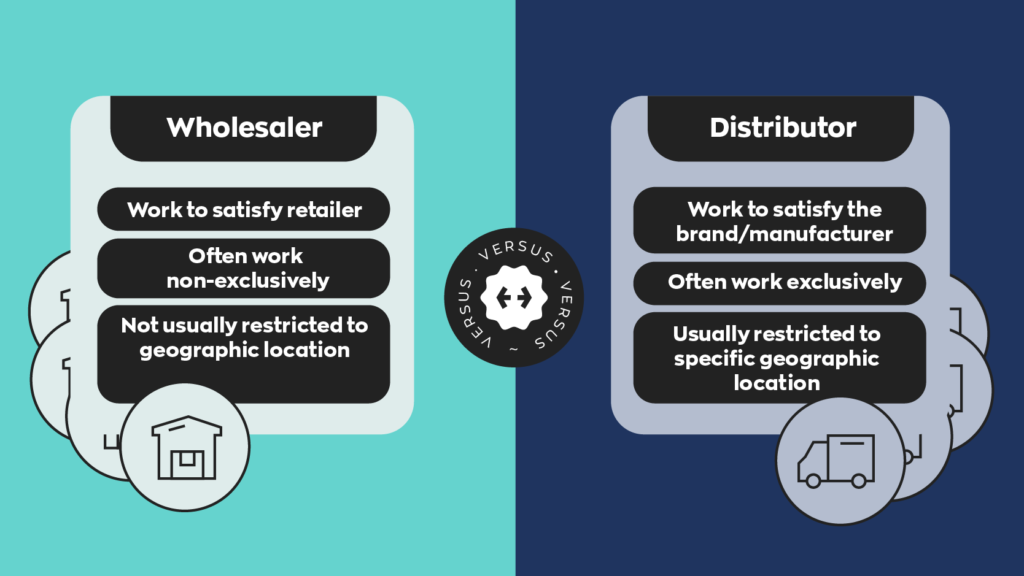
What is a distributor?
It’s easiest to think of a distributor as working for the company that makes products (for example, the manufacturer, brand, or perhaps publisher). Their aim is usually to supply retailers with that product on behalf of their clients.
In this sense, a distributor provides a service. They act as an intermediary, promoting and selling products while staying in touch with all parties.
Distributors often work exclusively, meaning they might be unable to work with competing products. They might also work within a specific geographical area.
Wholesaler vs distributor example
To see the difference more clearly, let’s look at an example. Amy Collins, President of New Shelves Books, explains how authors and publishers might work with wholesalers and distributors in different ways.
She says that wholesalers work for bookstores, libraries, and online retailers. Their job is to supply books to those people, their customers.
Meanwhile, a distributor works for the publisher. They provide marketing, shipping, customer service, etc., all while helping that publisher get their books into the right store. The distributor is paid a percentage fee, which could be a third of your profit.
How to find the right distributor
Different distributors will offer different services. Before deciding to work with a distributor, it’s important to evaluate exactly what you need from them. One of the factors that may immediately spring to mind is where you want to sell your products in terms of channels and geographic locations, but there are a range of other factors to consider, too.
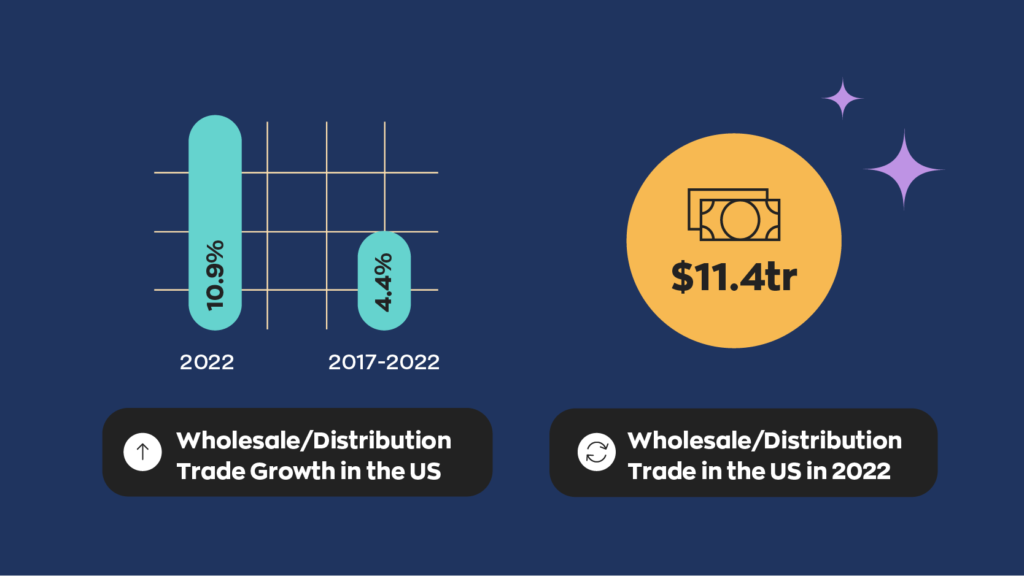
Below we’ve rounded up some key things to consider when choosing a distributor, inspired by the Manitoba guide to choosing food distributors.
1. Geographic areas
Some distributors only work in specific locations. If a distributor covers a large area, you can check what this really means; do they work only in large cities in the region or offer more in-depth distribution?
2. Channels
Consider which types of stores your distributor works with. For example, a shampoo manufacturer might want to see its products in salons, cosmetics stores, department stores, or local boutiques.
3. Product range
Does your product fit into the distributor’s current range? If so, are they already representing a competitor? Will this stop them from adequately promoting your product?
4. Experience
You can look at your distributor’s past experience by asking for details and doing your own research. This might be sales performance, reputation, how long they’ve been in business, or more.
5. Ethos
Do your distributor’s goals, mission, and vision align with yours? Are they a company that you want to work closely with and have representing your products daily?
The difference between retailers and wholesalers
When looking at your supply chain, it’s important to differentiate between retailers and wholesalers. In short, retailers sell in smaller quantities to the end customer. Meanwhile, wholesalers tend to sell larger quantities to retailers.
A wholesaler’s business model is usually based on buying in bulk at a discounted rate. They often need to store large amounts of products (although this will depend on their business model) in their own warehouses.
Faire is a popular platform used by wholesalers and retailers alike. It empowers small businesses and independent brands by connecting them directly with retailers looking for unique, high-quality products. With Faire you can shop over 100,000 independent brands, all in one place. A ton of inFlow customers have been taking advantage of Faire for years, so much so that we even offer an integration with Faire through Extensive.
Are the distinctions always clear between wholesaler vs distributor vs retailer?
Every supply chain works differently. So, to confuse matters a little, that sometimes means the distinction between wholesalers vs distributors vs retailers, and even manufacturers, isn’t clear. For example, you can find stores such as Costco (known as Costco Wholesale Corporation) that buy in bulk and sell to members.
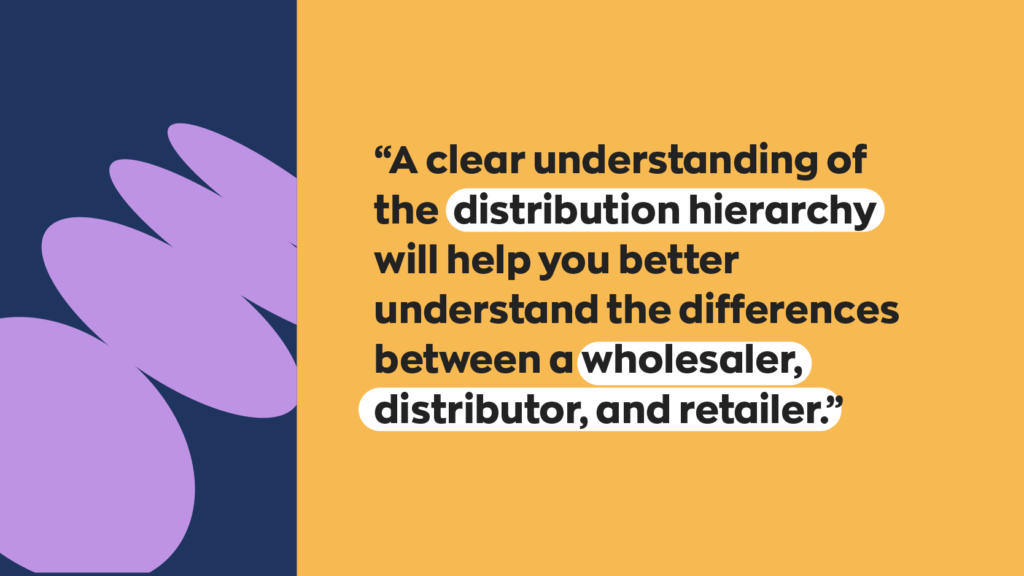
Meanwhile, some businesses will sell to a variety of customers. For instance, Zelda’s Sweet Shoppe, based in Chicago, operates both a wholesale and retail bakery. The wholesale business operates out of the “factory” and ships across the country, while the retail side works out of the original storefront.
Wholesalers working with large quantities of inventory
The nature of the business means that wholesalers find themselves working with large orders and various types of products. So, a lot of inventory passes through their warehouses or storage facilities.
Not only is it essential to keep track of each item, if a wholesaler buys from a range of manufacturers, they might also have to deal with different markups and cost changes too. This can make managing inventory seem like a daunting task.
In reality, working with large quantities of inventory is much easier with the right management tools and processes in place, such as using barcoding tools, finding the right software, organizing warehouse layouts, and more.
It’s vital to get the right systems in place as soon as possible, with solutions that can adapt as your business scales or changes. That way, you can reduce unwanted costs, maximize efficiency, and keep customers happy.
At inFlow, we offer wholesale software that’s ready for large orders so that you can take full control of your wholesale business.
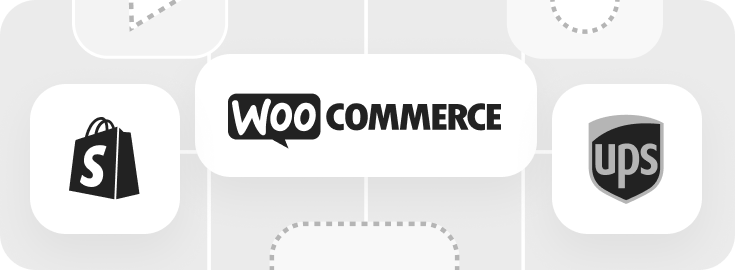

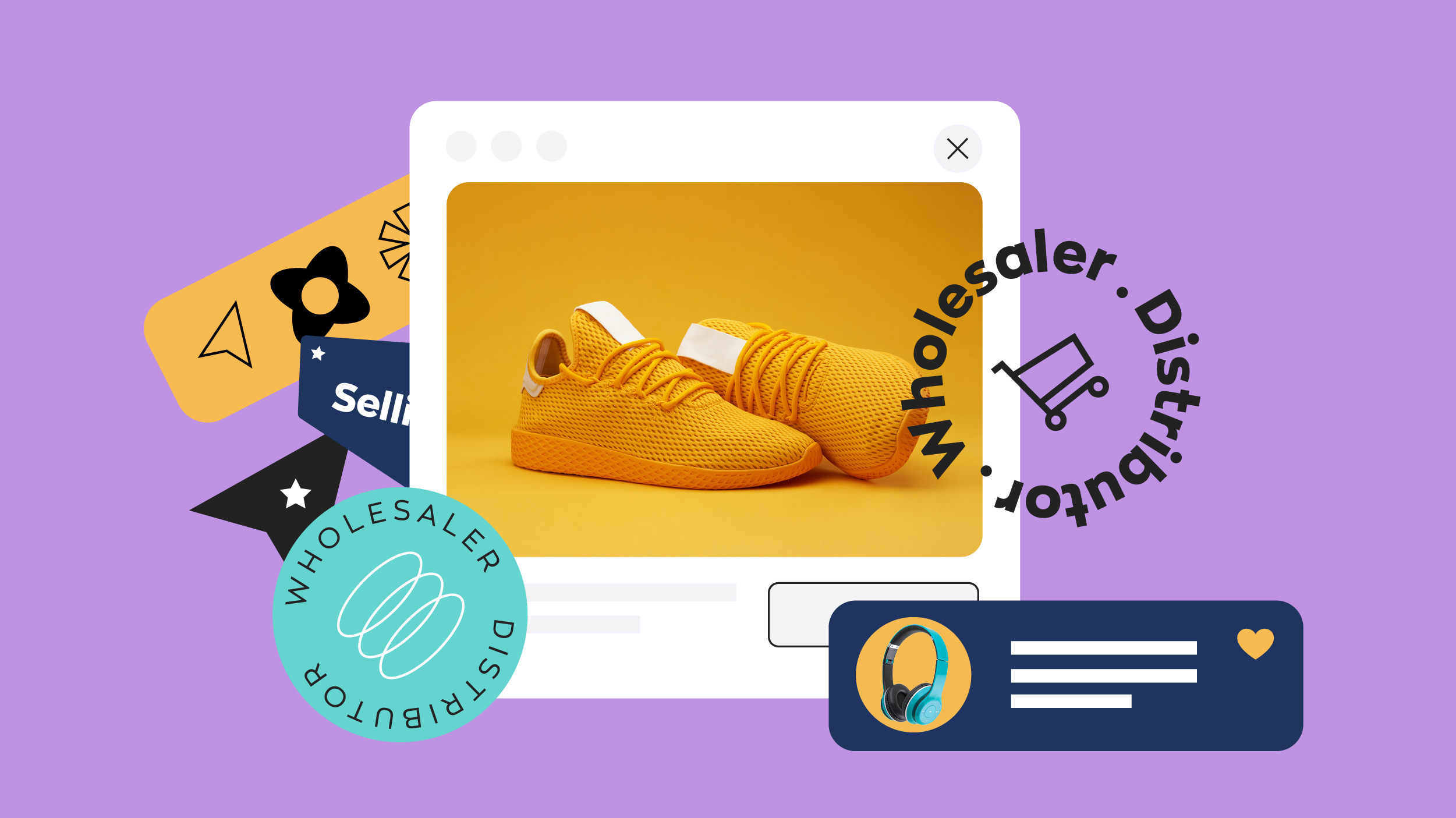
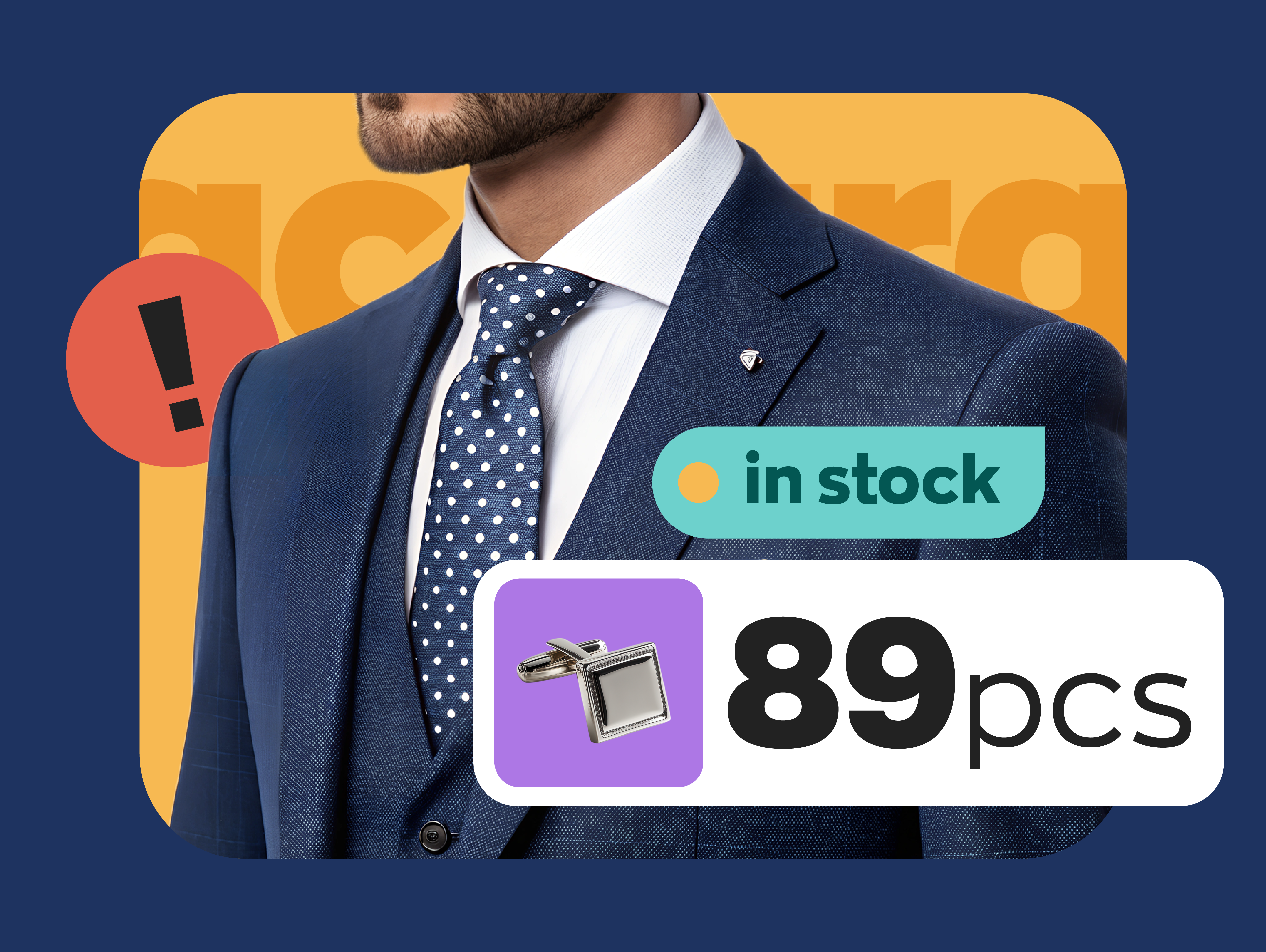
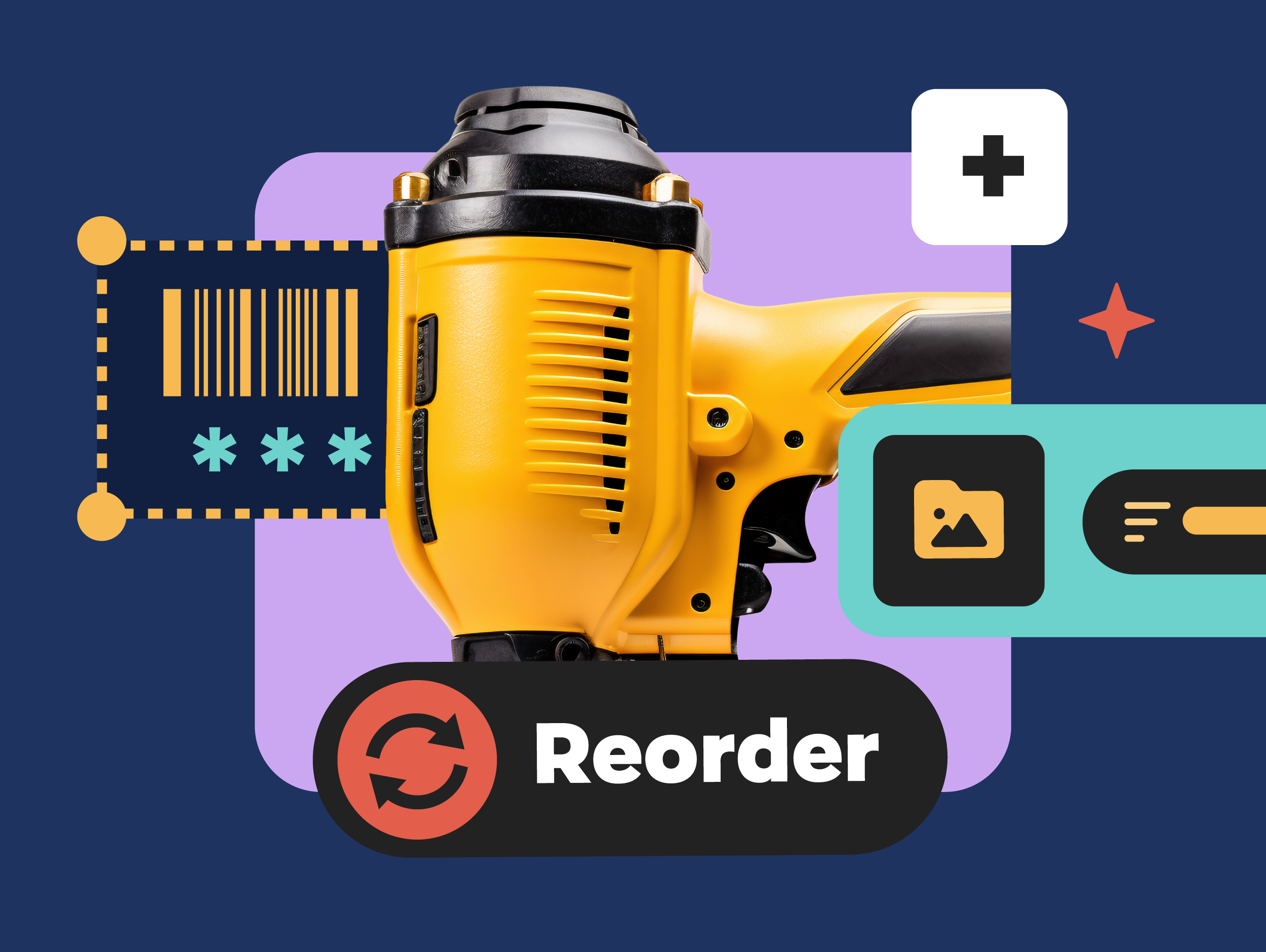
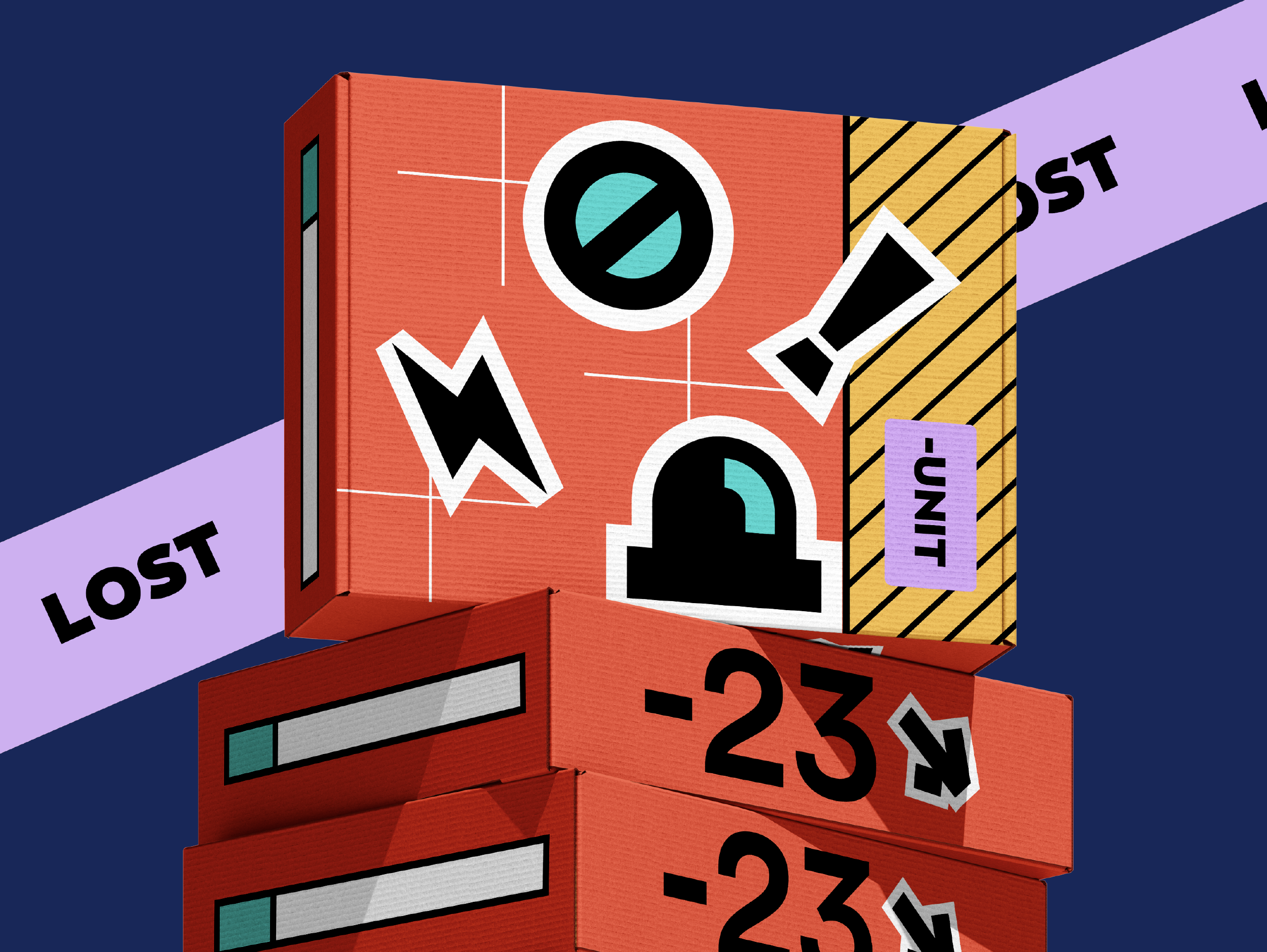
0 Comments